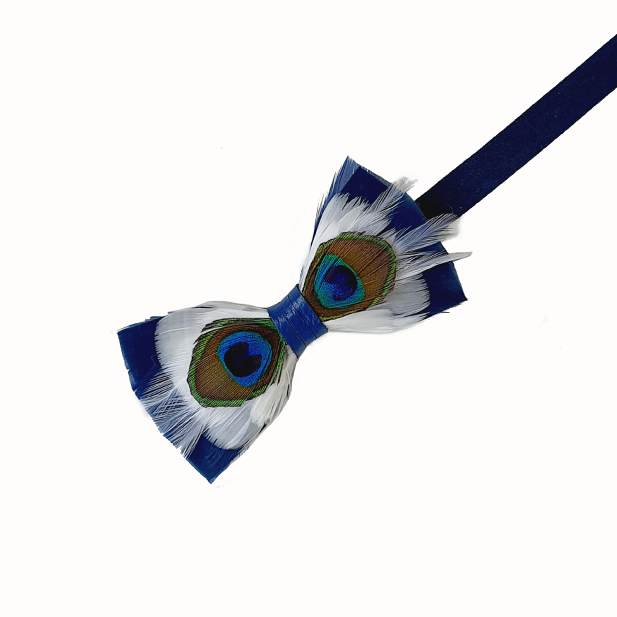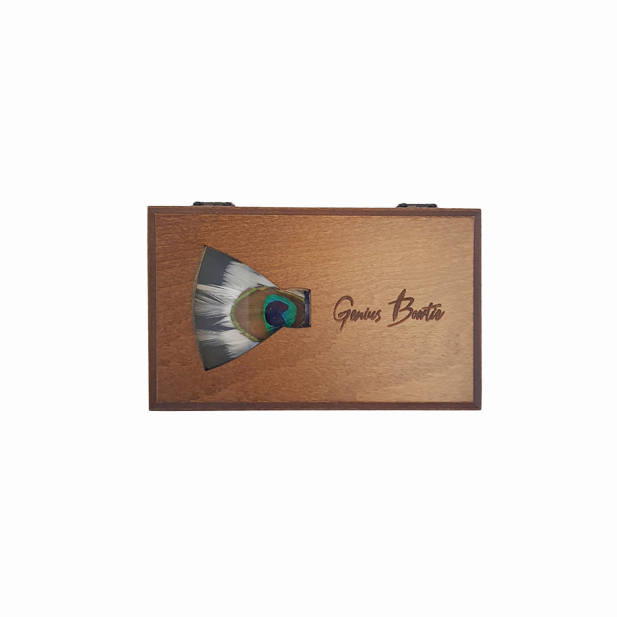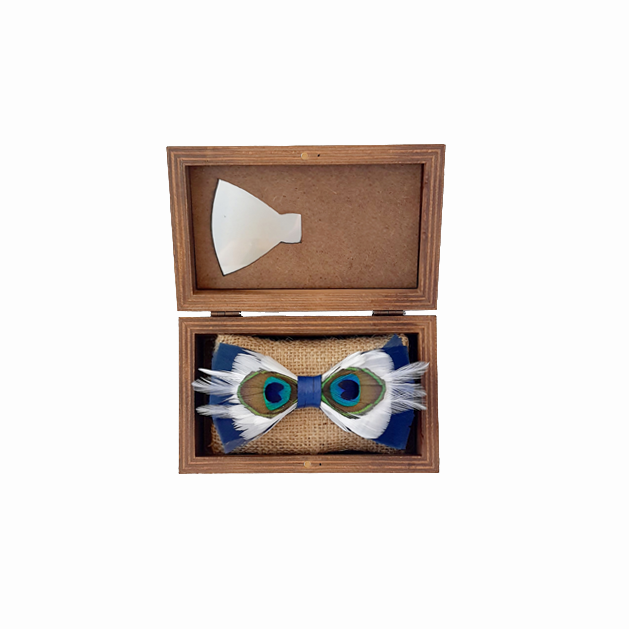Marie Curie, born on November 7, 1867, in Warsaw, Poland, was a pioneering physicist and chemist known for her groundbreaking work in radioactivity and nuclear physics. She became the first woman to receive a Nobel Prize in 1903, sharing the Physics Prize with her husband, Pierre Curie, and Henri Becquerel. Widowed in 1906, Marie continued their research and, in 1911, received a second Nobel Prize in Chemistry for her discoveries of radium and polonium.
Marie Curie faced gender barriers but persisted, becoming the first female professor at the Sorbonne. During World War I, she applied her scientific expertise to the war effort, developing mobile radiography units known as “Little Curies.”
Curie’s legacy extends beyond her scientific achievements; she shattered gender norms, inspiring future generations of women in science. Despite her death on July 4, 1934, Marie Curie’s impact on physics and chemistry endures, emphasizing the importance of perseverance and dedication in the pursuit of knowledge. Her life serves as a beacon for aspiring scientists and a testament to the transformative power of scientific exploration.












Reviews
There are no reviews yet.